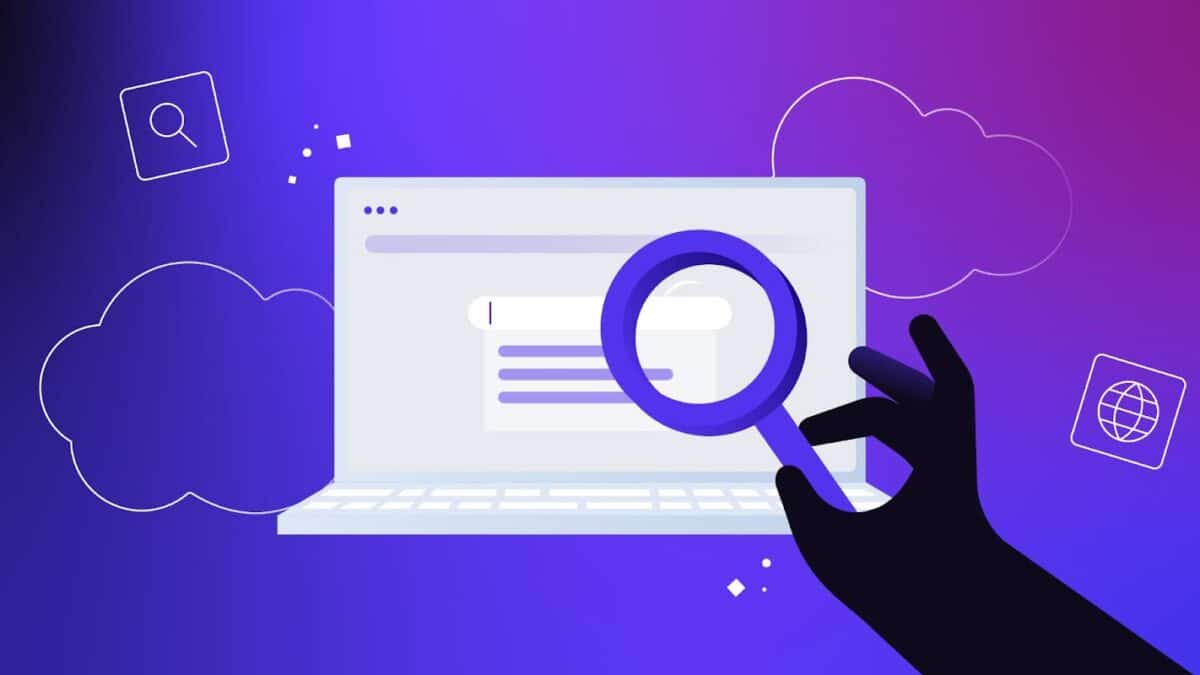A Simple Guide to Get Started:
Are you new to SEO and wondering where to start? You’re not alone! Many beginners feel overwhelmed, but the truth is, that SEO (Search Engine Optimization) doesn’t have to be complicated. With the right approach and tools, you can start improving your website’s visibility on search engines today. Let’s break down SEO in a simple, actionable way that you can implement right away.
What is SEO and Why It’s Important for Beginners
Understanding SEO Basics
SEO is the process of optimizing your website so that it ranks higher on search engine results pages (SERPs). The higher you rank, the more visible your site becomes to people searching for keywords related to your content, product, or service. In short, SEO is how you help search engines understand your website and recommend it to people searching for related content.
Think of it like this: if your website were a restaurant, SEO would be the big, bright neon sign out front that tells hungry customers what you serve. No sign? No customers!
How SEO Impacts Website Visibility
Imagine searching for something online, but your website is buried on page five of Google’s results. Who’s going to find it? Exactly—almost no one! Statistics show that most users never click past the first page of search results. That’s why improving your SEO can drastically increase the number of people who visit your website. The more visitors, the better your chances of turning them into loyal customers.
SEO vs. Paid Advertising: Key Differences
While paid ads can give you instant visibility, SEO is a long-term strategy that keeps driving organic traffic without additional cost. It’s like buying vs. growing your food. Paid ads are a quick fix, but with SEO, you’re planting seeds that continue to grow over time. Both have their place, but SEO offers lasting benefits without the ongoing cost of pay-per-click advertising.
Essential SEO Strategies for Beginners
Keyword Research: Finding the Right Keywords
Keywords are the backbone of any SEO strategy. These are the terms people use when they search for content online. To find the right ones, use tools like Google Keyword Planner or Uber suggest. Look for keywords with a good balance of search volume and competition.
For example, instead of targeting “SEO” (which is too broad and competitive), aim for “Beginner SEO techniques” or “SEO guide for new users.” These long-tail keywords are easier to rank for and attract a more specific audience.
On-Page SEO Techniques to Optimize Your Content
On-page SEO is about making sure each element of your website is optimized for search engines. This includes:
- Title Tags: Keep them concise and include your main keyword.
- Headings: Use H1 for your title and H2/H3 for subheadings. Structure matters!
- Meta Descriptions: Write compelling meta descriptions that encourage clicks, while naturally using your keywords.
- Alt Text: Optimize images with descriptive alt text to help with accessibility and search visibility.
On-page SEO is your chance to give both search engines and users the best experience possible. It’s like setting up a well-organized store—customers can easily find what they need, and they’re more likely to return!
Off-Page SEO: Building Authority Through Backlinks
Off-page SEO is about what happens on your website to improve its authority and trustworthiness. The most effective off-page technique is building backlinks—getting other reputable websites to link back to your content. This tells search engines that your site is valuable and credible.
For beginners, a great place to start is by guest posting on blogs in your niche or engaging with industry influencers who can share your content.
Step-by-Step Guide to Implementing SEO as a Beginner
Optimizing Meta Tags and Descriptions
Meta tags and descriptions act like the preview window for your website. Craft engaging meta descriptions that use your target keywords while still sounding natural and persuasive. You want potential visitors to click through because they find your content relevant and compelling.
Creating SEO-Friendly URLs and Internal Links
Ensure your URLs are clean and keyword-rich. For example, instead of “www.example.com/1234,” try “www.example.com/seo-basics-for-beginners.” Additionally, make good use of internal links to guide users to other relevant content on your site. This improves user experience and helps search engines crawl your site more effectively.
Leveraging SEO Tools for Beginners
There are several tools available that can simplify the SEO process. Tools like Google Analytics, Yoast SEO, and SEMrush can help you monitor your SEO performance, find keyword opportunities, and optimize your content. These tools are a must-have in your SEO starter guide!
Common SEO Mistakes Beginners Should Avoid
Overstuffing Keywords
Yes, keywords are important but don’t go overboard. Overstuffing keywords can make your content sound robotic and is a big red flag for search engines. Aim for natural language that serves the reader, not just the algorithm.
Ignoring Mobile Optimization
With most searches happening on mobile devices, not optimizing your website for mobile is like opening a store and only allowing people in with the right shoes. Make sure your site is mobile-friendly to avoid missing out on a large chunk of your potential audience.
Forgetting to Track SEO Progress
Once you’ve implemented your SEO strategy, don’t just sit back and hope for the best. Track your results using tools like Google Analytics. This will help you understand what’s working and what needs adjusting.
Your Next Steps to Mastering SEO as a Beginner
Focus on Consistency and Long-Term Results
SEO isn’t a one-time task. It requires consistent effort and regular updates to keep up with changing algorithms and trends. Think of it as maintaining a garden—regular care will yield the best results.
How to Stay Updated with SEO Trends
SEO is always evolving. Stay ahead by following industry blogs, attending webinars, and continually learning. The more up-to-date you are, the better your chances of maintaining a high-ranking website.
Ready to Boost Your Website’s SEO?
Ready to take your SEO to the next level? Whether you’re a business owner or blogger, these beginner tips will boost your visibility and attract more traffic. Need expert guidance to kickstart your SEO journey? Reach out to ML Digital Marketing today – we’re here to help you every step of the way!
FAQs
- How long does it take to see results from SEO?
SEO is a long-term strategy, and results can vary depending on factors like competition, website age, and content quality. Typically, it takes 3-6 months to see significant improvements in search engine rankings.
- Do I need to hire an expert to manage my website’s SEO?
While hiring an SEO expert can be beneficial, especially for complex projects, many beginners can manage basic SEO themselves using tools and resources available online. Starting with fundamental techniques like keyword research and on-page optimization can bring noticeable results.
- Is SEO only for Google, or does it work for other search engines too?
SEO principles generally apply to all search engines, not just Google. However, since Google dominates the search engine market, most SEO efforts focus on its guidelines. Many of the strategies you use will also help your site rank on other search engines like Bing or Yahoo.
- Can I do SEO for a small business website, or is it only for large companies?
SEO works for businesses of all sizes, including small businesses and personal blogs. In fact, local SEO can be especially beneficial for small businesses looking to attract customers in specific geographic areas.
- How often should I update my website’s SEO?
SEO should be an ongoing process. Search engine algorithms change frequently, so it’s essential to regularly update your website’s content, optimize for new keywords, and adjust your strategies based on performance and trends. A good rule of thumb is to audit your SEO every 3-6 months.








